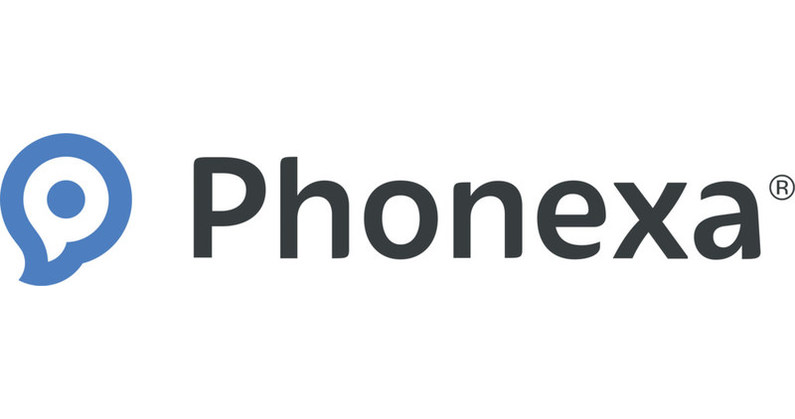While entering 2022, we anticipate massive changes in the technology landscape. From new programming languages to mind-boggling trends, the software industry is growing at a fast rate.
No one knows what the future holds. But one thing is for sure, Python is going to rule this industry. According to Statista, with more than 48% of users worldwide, Python was the most used programming language worldwide in 2021.
From web development to game development, data analytics to data visualization, language development to artificial intelligence, and machine learning, Python is for everything!
Now the question is, how can you attain proficiency in Python? Starting from scratch is always difficult, but when the reward is so lucrative, it’s worth pursuing. Are you up for this exciting venture? Let’s not make you wait further and show the roadmap.
1. Get Enrolled in a Course to Learn the Basics
Your first step is to get enrolled in a Python course. No, you will not become a Python developer after completing this course but become familiar with the syntax and structure of this modern language.
The course can be virtual or physical, it’s your choice. But, what matters is the hours you put in, your focus, and who your instructor is. You can find hundreds of basic Python-related courses on Udemy, Coursera, Lynda, Treehouse, and several other online learning platforms.
One thing I want to mention here is you should be clear about your objective behind learning Python. Do you want to create games, websites, or AI-driven software? Choose your course accordingly; a course specifically designed to attain perfection in a certain area.
2. Build Your GitHub Repository
Your next step is to build a GitHub repository. This is your dedicated space where you will work on your projects and store them. Later, you can show these projects to a potential client, or your employer.
For example, you apply for an internee role in a Python development firm. By simply showing your GitHub, even if it’s just a simple code you wrote, you won’t even have to go through a formal test.
3. Get Familiar with Best Coding Practices
It’s not just about coding anymore but writing a code that anyone can read, understand, and tweak. When it comes to Python’s syntax, it’s much simpler and human-friendly. Yet, you have to ensure easy readability even when you’re creating a basic app.
Here are some recommendations for improving code readability:
- Indentation
- Tabs and spaces
- Maximum line length
- Line breaks
- Blank lines
- Source file encoding
- String quotes
- White spaces in expressions
- Trailing commas
- Naming convention
4. Grab Some Projects
Learning and practicing go parallel. When you implement the recently-learned concepts in your next project, you develop clarity. And this experience expands your skill set and focus that’s mandatory for dealing with complex projects in the future.
But don’t rush, examine the type of projects you are taking; you can’t take projects that require high-level expertise. Start small and gradually grow. Those projects should revolve around your area of interest.
For instance, if you are enthusiastic about creating websites using Python, take basic web projects. The same goes for game development and intelligent software development.
5. Develop a Comprehensive Understanding of AI & ML
Do you know Python has a strong connection with AI and Machine Learning? Python is used for designing software that performs complex calculations or makes intelligent decisions.
It plays a vital role in AI coding language by providing numerous powerful frameworks. Further, it has a great library ecosystem that provides base-level items to developers. This way, they don’t have to code them from the very beginning every time.
In order to make the best use of Python, you must understand AI and ML in detail.
6. Keep Updated with the Latest News
There’s no shortage of information technology-related and artificial intelligence blogs online. You can follow the most prolific Python developer through podcasts, their personal blogs and social media accounts, and various other means. And don’t tell me you haven’t heard about Stack Overflow yet.
The road to mystery in Python requires constant learning. And what to learn next can only be decided if you know what’s in demand.
7. Get an Internship, Get a Chance to Work with Experts
There’s no better way to learn to code than working with professionals. Look for web development agencies in USA or software firms that employ Python experts. Look if they have an opening for a Python internee.
Don’t worry about stipends, even if you have to work for free. The experience and technical expertise you will gain is worth the time. Software agencies normally cater to diverse projects.
Not only will you improve your coding skills but also develop an understanding of various industries.
8. Compete in Online Coding Competitions
Check popular coding challenge websites online. Competing against other Python coders will give you some amazing insights. And if you manage to win a competition that will be a huge bonus for your portfolio.
In the end, it all comes down to your dedication and commitment. And if you’re really serious about taking Python development as a career, you will capitalize on every opportunity that comes your way.

